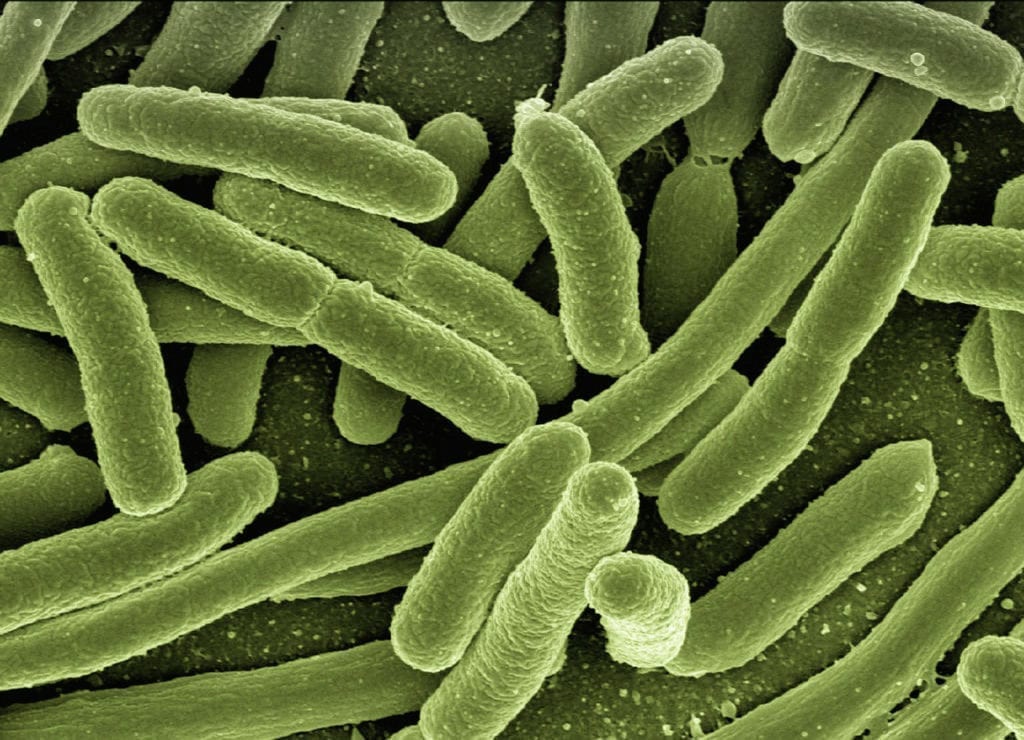According to a report by the New York Times, a group of researchers tested the health benefits of bacteria this summer. Specifically, researchers aimed to determine if they were able to use bacteria to treat phenylketonuria. The field of research, known as synthetic biology, is relatively new. In the case of phenylketonuria, researchers used bacteria to break down a blood toxin found naturally in the body. Keep reading to learn more, or follow the original story here for more information.
What is Phenylketonuria?
Phenylketonuria, also known as PKU, is a genetic condition resulting in the build up of the amino acid phenylalanine. While this amino acid, and many others, naturally occur in foods and throughout the body, too much of a good thing can have severe consequences.
Common symptoms of PKU include seizures, developmental and intellectual delays, hyperactivity, decreased bone strength, and microcephaly. Early detection of PKU is the most important step in managing the condition. Most of the current treatments for PKU are based around effective dietary restrictions.
Click here to learn more about phenylketonuria.
Synthetic Biology
One of the biggest impacts of synthetic biology thus far has been in industry. Some companies discovered ways to turn bacteria into microscopic assembly lines. This process can be used to make complex molecules such as the ones used in antibiotics. In some cases, teams have even been able to produce clothing by use of bacteria.
Researchers at a company called Synlogic, however, may have created the first synthetic biology treatment to gain FDA approval. The concept is that scientists will be able to manufacture microbes designed to help our body. All we need to do is ingest them.
Tall Glass of Bacteria
During the summer, the group at Synlogic conducted a study. A group of volunteers drank a vaguely peppermint flavored beverage. Inside the drink were a nearly uncountable number of bacteria. Scientists designed the bacteria to break down the amino acid that people with PKU struggle with. The bacteria initially showed their ability in test on mice and monkeys. Recently the company announced it had been successful with healthy human candidates as well. A study on patients with PKU is underway and results are expected within the next year.
The key to the treatment lies in a healthy strain of E. coli. Most people have this type of E. coli naturally in their intestines. The modified version contains a gene which enables it to break down phenylalaline. With this modification, the designed E. coli bacteria function the same way the body’s cells break down phenylalaline. The test using healthy volunteers proved that the treatment was safe, and set the groundwork for its effectiveness. Researchers observed that the increase in treatment resulted in more phenylalaline being broken down by these patients’ bodies.
The next step is to replicate the results in people living with PKU.







